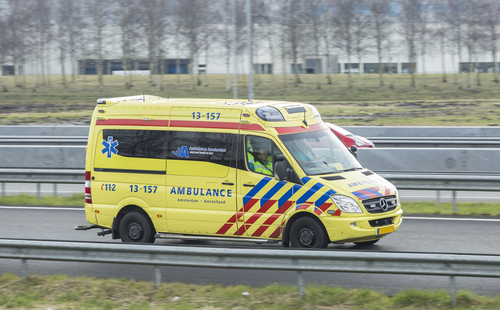Despite less traffic, some 500 people still died on the roads last year

 There were far fewer accidents on the Dutch roads last year, but the number of accident victims did not decline by as many as forecast, according to traffic researchers.
There were far fewer accidents on the Dutch roads last year, but the number of accident victims did not decline by as many as forecast, according to traffic researchers.
Police and insurance company figures suggest there were nearly 80,700 accidents last year, a decline of 20% on 2019, as commuting in particular declined due to the coronavirus measures.
Nevertheless, the number of accident victims only fell by 11% to 19,000 and 513 people died – a decline of just 43 on the average in previous years, police say.
‘The number of accident victims has not gone down at the same rate as the number of accidents,’ police spokesman Paul Broer told the AD.
Working from home and the lockdowns led to fewer cars on the roads but more cyclists and pedestrians – and they were out and about at different times than usual. This, Boer said, may have contributed to the minor changes in the number of traffic accident victims, particularly in built-up areas.
Two-thirds of accident victims were cyclists, pedestrians and moped users and a quarter were aged 12 to 24.
In particular, empty roads may have encouraged more motorists to drive too fast, increasing the risk of serious accidents, he said.
If the coronavirus pandemic leads to a permanent shift in road use patterns, local authorities must take action to widen cycle lanes and reduce traffic density in urban areas to protect the most vulnerable road users, Broer told broadcaster NOS.
Thank you for donating to DutchNews.nl.
We could not provide the Dutch News service, and keep it free of charge, without the generous support of our readers. Your donations allow us to report on issues you tell us matter, and provide you with a summary of the most important Dutch news each day.
Make a donation